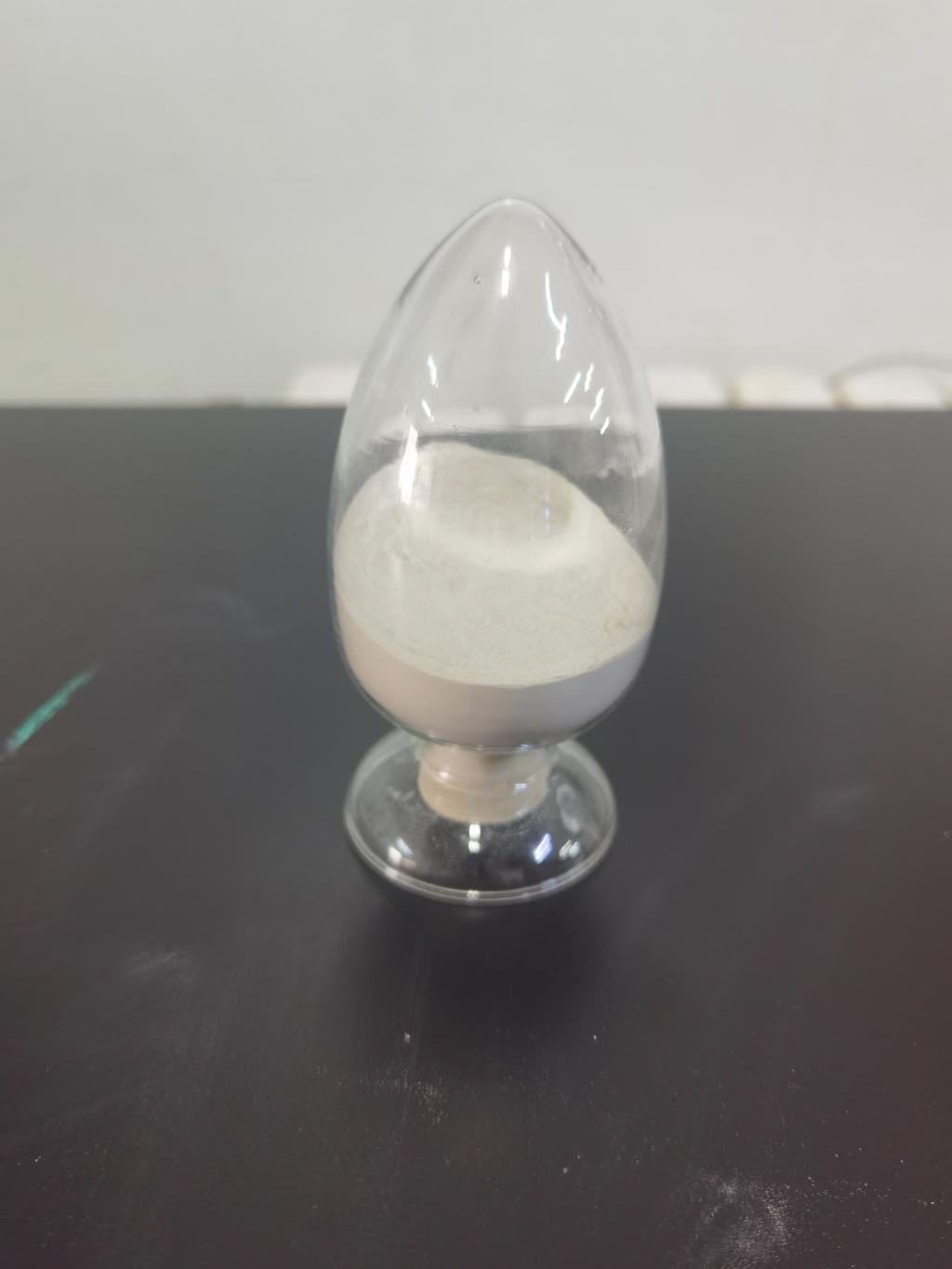Tel:+8618231198596

News
 CONTACT
CONTACT
 CONTACT
CONTACT
- Linkman:Linda Yao
- Tel: +8618231198596
- Email:linda.yao@dcpharma.cn
- Linkman:CHARLES.WANG
- Department:Overseas
- Tel: 0086 0311-85537378 0086 0311-85539701
News
Nisin's potential in pharmaceuticals.
TIME:2024-05-15
1. Introduction:
The rise of antibiotic resistance has become a global health crisis, necessitating the exploration of alternative antimicrobial agents to combat infectious diseases. Nisin, originally discovered as a food preservative, has emerged as a promising candidate for pharmaceutical applications due to its unique mechanism of action, low toxicity, and stability under various physiological conditions. Research into nisin's potential in pharmaceuticals has expanded rapidly in recent years, with studies focusing on its antimicrobial, immunomodulatory, and anticancer properties.
2. Mechanisms of Action:
Nisin exerts its antimicrobial activity primarily by disrupting bacterial cell membranes through pore formation and membrane depolarization. Unlike conventional antibiotics, nisin targets lipid II, a precursor molecule involved in cell wall biosynthesis, making it effective against a wide range of Gram-positive bacteria, including multidrug-resistant strains. Additionally, nisin exhibits synergistic effects with other antimicrobial agents, enhancing their efficacy against bacterial pathogens.
3. Pharmacological Properties:
Nisin possesses several desirable pharmacological properties that make it an attractive candidate for pharmaceutical applications. It is heat-stable, pH-resistant, and enzymatically stable, ensuring its activity under a variety of conditions. Furthermore, nisin has low toxicity and immunogenicity, making it suitable for systemic administration in humans. Its ability to permeabilize cell membranes also enhances the delivery of co-administered drugs, potentially improving their therapeutic efficacy.
4. Current Research Trends:
Research into nisin's pharmaceutical applications spans various areas, including infectious diseases, wound healing, cancer therapy, and drug delivery. Recent studies have demonstrated nisin's efficacy against clinically relevant pathogens such as methicillin-resistant Staphylococcus aureus (MRSA), vancomycin-resistant Enterococcus (VRE), and multidrug-resistant tuberculosis (MDR-TB). Moreover, nisin's ability to disrupt biofilms, modulate immune responses, and synergize with conventional antibiotics holds promise for addressing complex microbial infections.
5. Potential Applications:
Nisin holds great potential in pharmaceutical formulations, drug development, and antimicrobial therapy. It can be incorporated into topical creams, ointments, and wound dressings for the treatment of skin infections and chronic wounds. Additionally, nisin-loaded nanoparticles, liposomes, and hydrogels offer novel drug delivery systems for targeted antimicrobial therapy. Furthermore, nisin-based combination therapies may overcome antibiotic resistance and improve treatment outcomes in infectious diseases.
6. Challenges and Future Directions:
Despite its promising properties, several challenges need to be addressed to fully harness nisin's potential in pharmaceuticals. These include optimizing production methods, ensuring regulatory approval, addressing formulation and stability issues, and elucidating potential adverse effects. Future research should focus on conducting clinical trials to evaluate nisin's safety and efficacy in humans, exploring novel delivery systems, and elucidating its mechanisms of action in complex microbial environments.
7. Conclusion:
Nisin represents a valuable asset in the fight against antibiotic-resistant infections and emerging infectious diseases. Its broad-spectrum antimicrobial activity, safety profile, and compatibility with drug delivery systems make it an attractive candidate for pharmaceutical applications. By leveraging nisin's unique properties, researchers and pharmaceutical companies can develop innovative therapies to address unmet medical needs and improve patient outcomes in infectious disease management.
- Tel:+8618231198596
- Whatsapp:18231198596
- Chat With Skype







